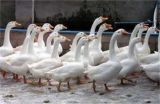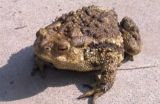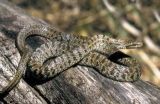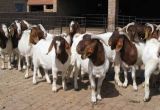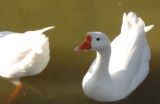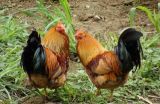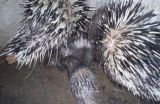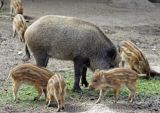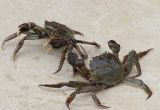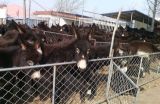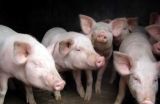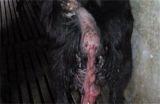江香猪养殖对当地生态环境的影响如何?

Answer:
Positive Impacts:
- Biodiversity conservation: Pig farming can help maintain biodiversity by providing a habitat for various species, including birds, insects, and reptiles.
- Organic waste management: Pig manure is a natural fertilizer that can be used to improve soil fertility and reduce the need for chemical inputs.
- Carbon sequestration: Pig farming can contribute to carbon sequestration by capturing and storing carbon dioxide from the atmosphere.
- Economic benefits: Pig farming can create jobs and generate revenue for local communities.
Negative Impacts:
- Habitat loss: Pig farms can clear large areas of land for grazing, leading to habitat loss for wildlife.
- Water pollution: Pig farming can generate wastewater with high nutrient levels, which can pollute water bodies.
- Air pollution: The transportation of feed and manure can contribute to air pollution.
- Animal welfare concerns: Pig farming can involve cruel and inhumane treatment, including overcrowding, lack of veterinary care, and use of painful methods.
- Environmental degradation: Pig farming can lead to soil erosion, water pollution, and greenhouse gas emissions.
Overall Impact:
The impact of pig farming on the local ecosystem is complex and depends on various factors, including the farming practices used, the local environment, and the overall management approach. If done responsibly, pig farming can have some positive impacts, such as biodiversity conservation and carbon sequestration. However, if not managed properly, it can have significant negative impacts on the environment, including habitat loss, water pollution, and animal welfare concerns.
Additional Considerations:
- The impact of pig farming on the local ecosystem can vary depending on the specific farming practices used.
- The use of organic and sustainable pig farming practices can help minimize the negative impacts on the environment.
- It is important to ensure that pig farms are located in areas where they will not negatively impact sensitive ecosystems.
